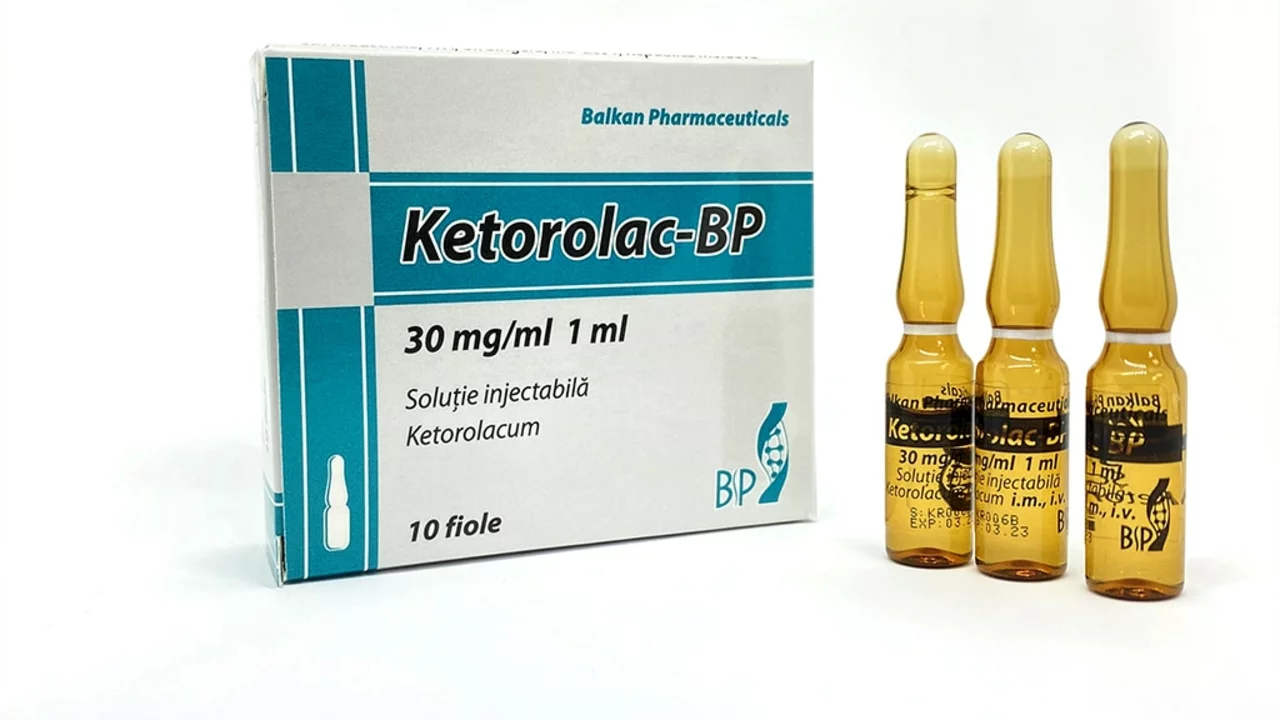Health Risks: What You Need to Know About Meds, Supplements, and Online Pharmacies
If you pop a pill or buy a supplement, you expect it to help, not hurt. The truth is that every product carries some risk – from mild stomach upset to serious organ damage. Knowing those risks before you start can save you headaches, doctor visits, and even life‑threatening problems.
On this page we pull together the most practical advice from our articles. You’ll get quick tips on spotting side effects, checking product safety, and protecting yourself when you shop for medication online. No jargon, just what matters to your health.
Common Medication Side Effects You Should Watch For
Even drugs that are “prescription‑only” can cause unexpected reactions. Antidepressants like Paxil often bring nausea, dry mouth, or sleep issues in the first weeks. Blood pressure pills such as Procardia and Hyzaar may trigger dizziness or swelling of the ankles.
Statins like Lipitor lower cholesterol but can raise liver enzymes and sometimes cause muscle aches that feel like a strain. If you notice any new pain, fatigue, or unusual skin changes, write them down and call your doctor – early detection prevents bigger trouble.
Supplements aren’t free of risk either. Carnosine, chestnut extract, and cassia cinnamon each have dosage limits; taking too much can lead to kidney strain or blood sugar swings. Always read the label for recommended amounts and start with the lowest dose that shows benefit.
Staying Safe When Buying Online
Buying meds online sounds easy, but counterfeit drugs are a real danger. Fake pills may contain no active ingredient, wrong dosage, or harmful contaminants. Look for pharmacies that require a prescription, display a physical address, and have clear contact info.
Check the website’s security (look for https://) and read reviews from other buyers. If a site promises huge discounts on brand‑name drugs without a prescription, walk away – genuine pharmacies rarely do that.
When your package arrives, verify the pills: compare shape, imprint, and color with official images on the manufacturer’s page. Any mismatch is a red flag, and you should report it to your local health authority.
Finally, keep all receipts and batch numbers. If something goes wrong, having that info speeds up reporting and helps protect others from the same scam.
Understanding health risks doesn’t mean you have to live in fear. It means you stay informed, ask questions, and choose safe options. Use our guides on specific drugs – like how to buy Mirtazapine safely or spot counterfeit meds – as a quick reference before you make any purchase.
Remember: the best defense is awareness. Check side‑effect lists, read user experiences, and trust reputable sources. Your health is worth that extra minute of research.

Ketorolac Tromethamine and Alcohol: What You Need to Know
- Jul, 12 2023
- 6
In my latest blog post, I delve into the critical topic of combining ketorolac tromethamine, a potent painkiller, with alcohol. I discuss the potential dangerous effects, such as increased risk of stomach or intestinal bleeding. I also highlight why it's essential to avoid alcohol while on this medication, including the potential for dizziness and impaired judgment. Furthermore, I stress on the importance of discussing your alcohol consumption with your doctor when prescribed this medication. Ultimately, the key takeaway is that combining ketorolac tromethamine and alcohol is a risky mix that should be avoided for your safety.
Categories
- Health and Medicine (65)
- Health and Wellness (57)
- Medicine (37)
- Women's Health (11)
- Mental Health (10)
- Men's Health (7)
- Beauty and Wellness (4)
- Health Information (4)
Archives
- March 2026 (1)
- February 2026 (11)
- January 2026 (25)
- December 2025 (28)
- November 2025 (25)
- October 2025 (27)
- September 2025 (14)
- August 2025 (3)
- July 2025 (2)
- June 2025 (2)
- May 2025 (3)
- April 2025 (4)
- online pharmacy
- medication safety
- dietary supplement
- health benefits
- dietary supplements
- generic drugs
- prevention
- fertility
- online pharmacy Australia
- side effects
- QT prolongation
- medication side effects
- diabetes medications
- GLP-1 agonists
- nocebo effect
- brand vs generic
- treatment
- treatment options
- benefits
- connection
